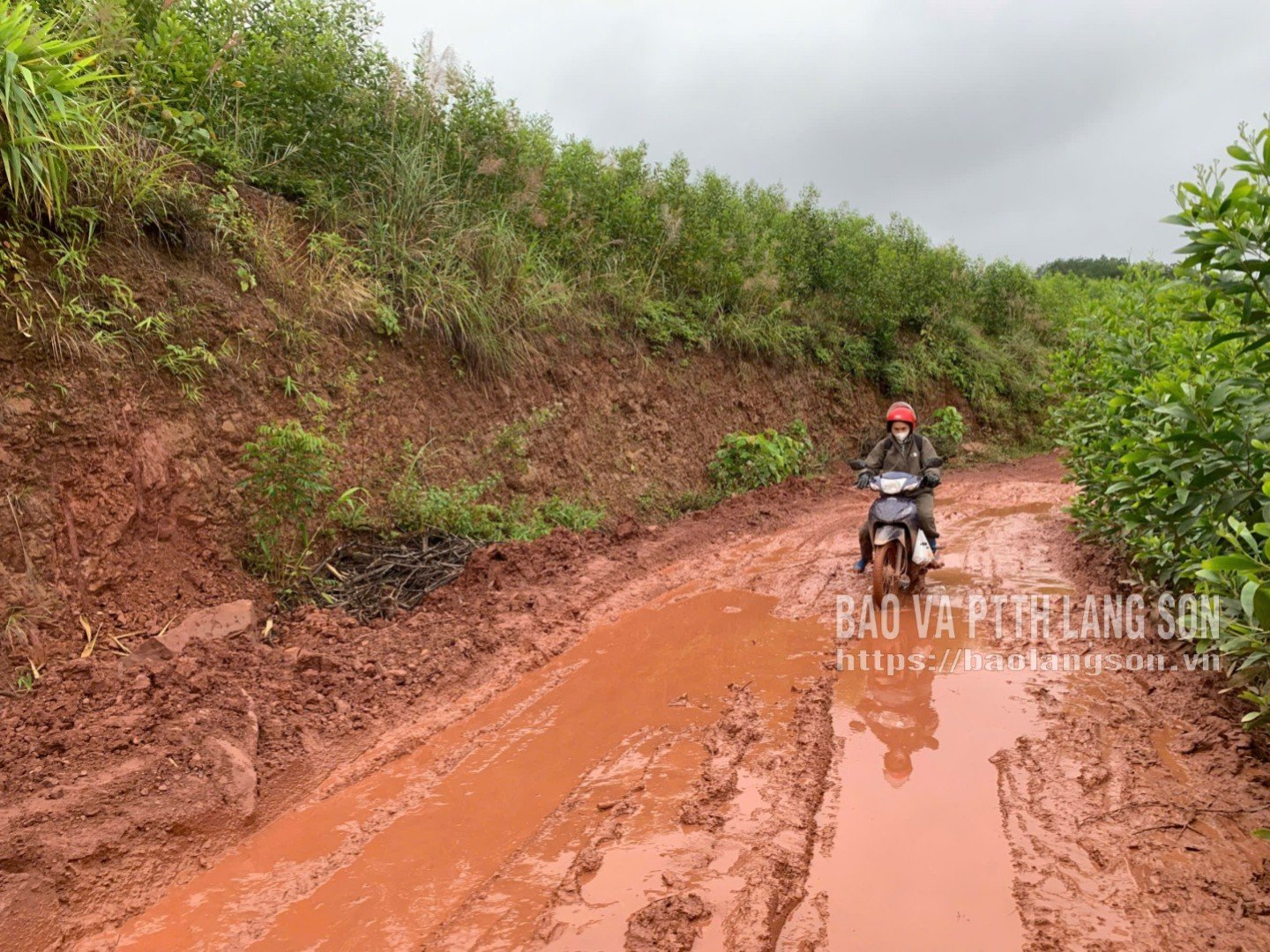
One afternoon in mid-November 2025, in the cold and rainy weather, we had the opportunity to work in Na Xom village, Loi Bac commune, a village located more than 16km from National Highway 4B. When we stopped to ask for directions, the people here pointed to the distant mountains and warned us: "It's very far, if you go there at night you might have to stay overnight." That sincere warning helped us somewhat imagine the isolation that the people of Na Xom have to face every day.
Moving from Highway 4B to the village, we had to cross a rough dirt road with winding, slippery curves. Knowing that we would have difficulty continuing on our own, the village chief had to "mobilize" another villager to come to the end of the road to welcome and lead us in. Sitting behind the motorbike, the reporter had to hold his breath many times when the vehicle swayed on the slippery, muddy, and steep dirt road.
Mr. Trieu Tien Kim, a resident of Na Xom village, said: Sunny days are still bearable, but when it rains, people have to wait for several sunny days to travel. Also because of inconvenient transportation, people's trade of goods faces many difficulties, the wood and pine resin we produce are often forced down in price by traders. We really hope that the authorities at all levels will soon pay attention to building roads to make traveling less difficult.
Not only is it difficult to travel, when we arrived at Na Xom village, we also witnessed the lack of information access for the local people because the village still does not have telephone coverage. Mr. Trieu Huu An, Party Cell Secretary, Head of Na Xom village said: Currently, the village has 50 households with 215 people, 100% of whom are Dao ethnic people. Before 2009, the village had about 70 households, but because of difficult transportation and the lack of telephone coverage, some households moved to other communes. Especially because there is no telephone coverage, every time the village organizes meetings or activities, I have to go to people's houses to notify or ask people to call for help.
Also because of the "lack of signal" and "lack of road", communication, travel, trade and economic development of the people here are still difficult, the whole village currently has 11 poor and near-poor households. According to the head of Trieu Huu An village, 100% of households in the village develop the forest hill economy (pine, acacia, eucalyptus) with an area of 473 hectares and yellow camellia with an area of 7 hectares. Every time they harvest wood or pine resin, traders are afraid to come because the dirt road is difficult to travel. Therefore, the price is often lower by 1,500 - 2,000 VND/kg. For many years, at meetings and meetings with voters, the village has petitioned the commune and Loc Binh district (old) with the hope that the State will soon pay attention to investing in building new roads and providing telephone coverage so that people can conveniently develop the economy and improve their lives. However, up to now, those legitimate wishes have not been met.
Not only affecting economic development, the lack of concrete roads also has a significant impact on students' going to school. Currently, there are two schools in the village, a kindergarten and a primary school, with nearly 50 children. On days of heavy rain, the roads are muddy and slippery, and children have to wade through mud to get to class. Along with that, the team of teachers working at these schools also has a hard time traveling. Ms. Luong Thi Ve, a teacher at Na Xom School (Loi Bac Primary School), shared: My house is in Na Duong commune, nearly 30km from the school. Every day, I cross the road into the village to go to class. On days of heavy rain, the slippery roads make it impossible for motorbikes to move, so my colleagues and I have to park our motorbikes at the beginning of the village and walk nearly 40 minutes to get to school. Many days, when we arrive, our shoes are soaked and our bodies are covered in mud, but we still have to try to get to class on time to teach the students.
Ms. Pham Minh Hue, Chairman of Loi Bac Commune People's Committee, said: The Commune People's Committee has also grasped the difficulties of the people of Na Xom village in not having concrete roads and no telephone signal in the past time. Every year, the Commune People's Committee also allocates a part of the budget for maintenance and repair, along with that, the villagers also contribute money and working days to fill deep holes, clear and dredge canals on the road. However, these are only temporary solutions. To help people travel conveniently and feel secure in developing the economy, the Commune People's Committee has surveyed the road and proposed to the superiors to arrange public investment capital for the period 2026 - 2030 to build and upgrade the road; at the same time, the commune is continuing to propose and request competent authorities to pay attention and arrange capital to build telephone transmission stations to serve the people's lives.
Despite many hardships, the people of Na Xom always strive to overcome difficulties and hope that the State will soon pay attention and invest in the village. The wish for a solid concrete road so that travel is no longer hindered, along with a telephone signal for convenient communication and connection with the outside world, has become a common aspiration of the households here. Hopefully, those wishes will soon come true so that the people of Na Xom will have more conditions to develop the economy and gradually improve the quality of life.
Source: https://baolangson.vn/uoc-mo-o-thon-hai-khong-5065652.html


![[Photo] Close-up of Ba Ha River Hydropower Plant operating to regulate water to downstream](/_next/image?url=https%3A%2F%2Fvphoto.vietnam.vn%2Fthumb%2F1200x675%2Fvietnam%2Fresource%2FIMAGE%2F2025%2F11%2F25%2F1764059721084_image-6486-jpg.webp&w=3840&q=75)

![[Photo] Prime Minister Pham Minh Chinh receives Governor of Gunma Prefecture (Japan) and Special Advisor to the Japan-Vietnam Friendship Parliamentary Alliance](/_next/image?url=https%3A%2F%2Fvphoto.vietnam.vn%2Fthumb%2F1200x675%2Fvietnam%2Fresource%2FIMAGE%2F2025%2F11%2F25%2F1764066321008_dsc-1312-jpg.webp&w=3840&q=75)



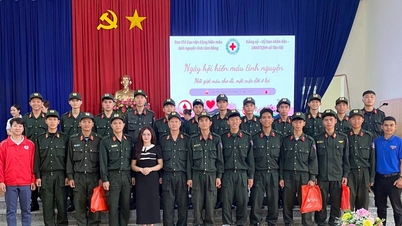

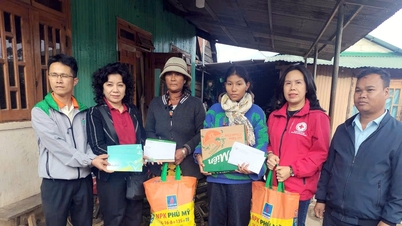












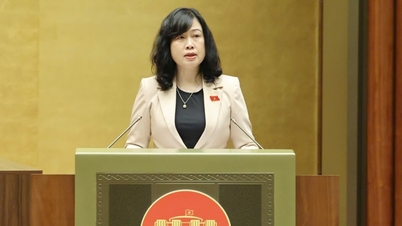
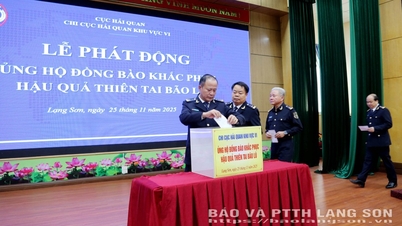


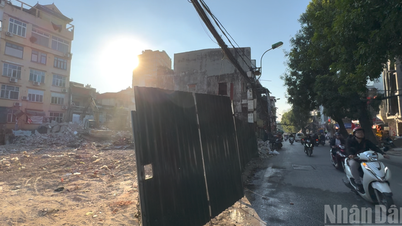
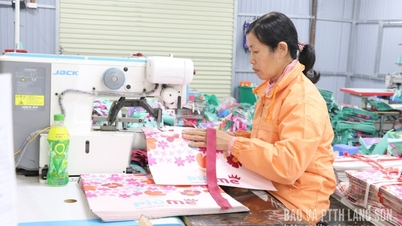
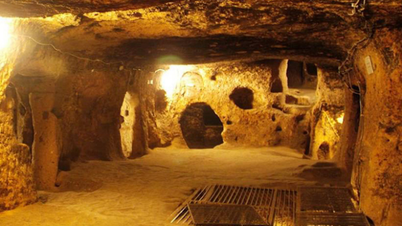

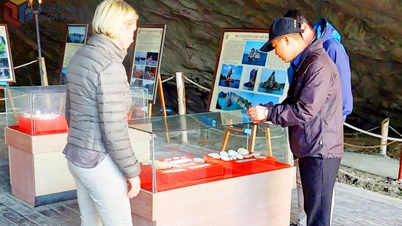



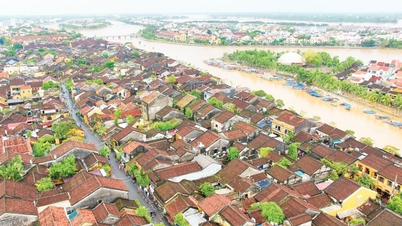


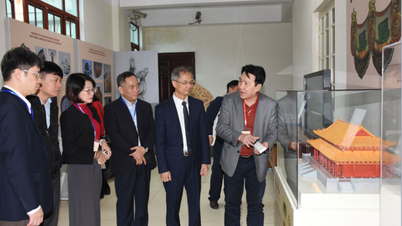

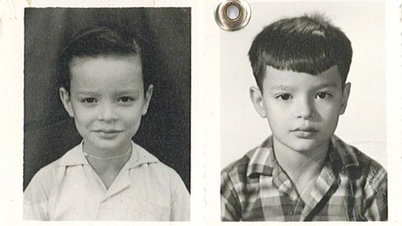






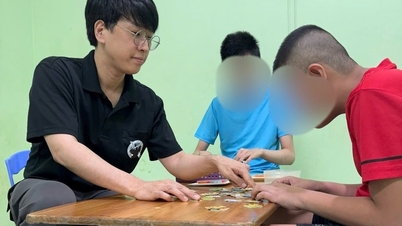

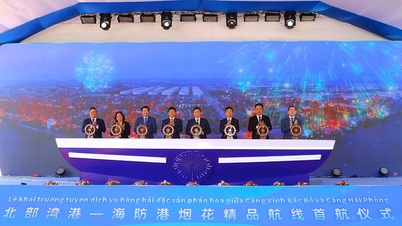

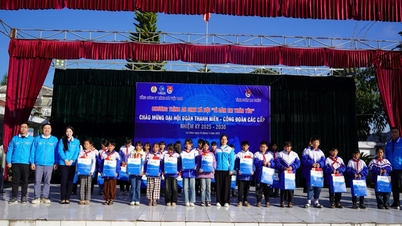
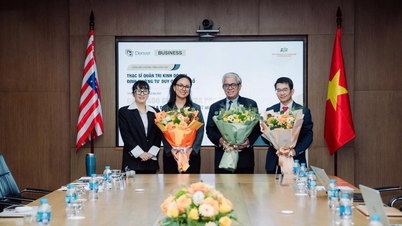

![[Answer] Should I install an elevator for an old renovated house?](https://vphoto.vietnam.vn/thumb/402x226/vietnam/resource/IMAGE/2025/11/25/1764039191595_co-nen-lap-thang-may-cho-nha-cai-tao-cu-khong-04.jpeg)

















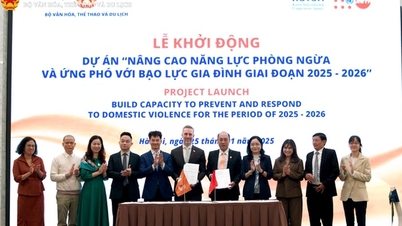



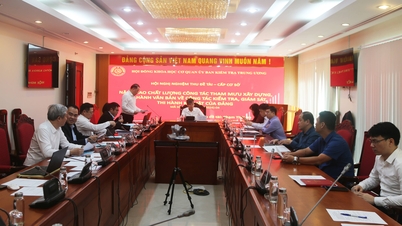

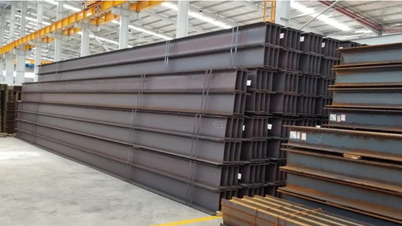

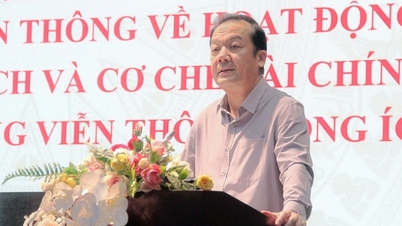


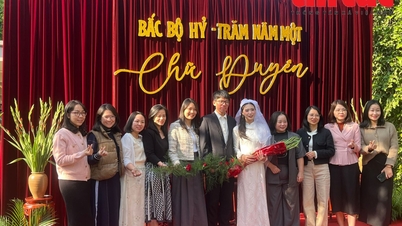

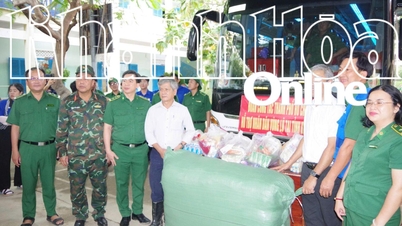
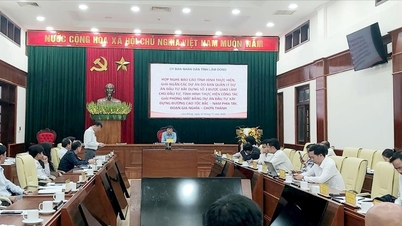









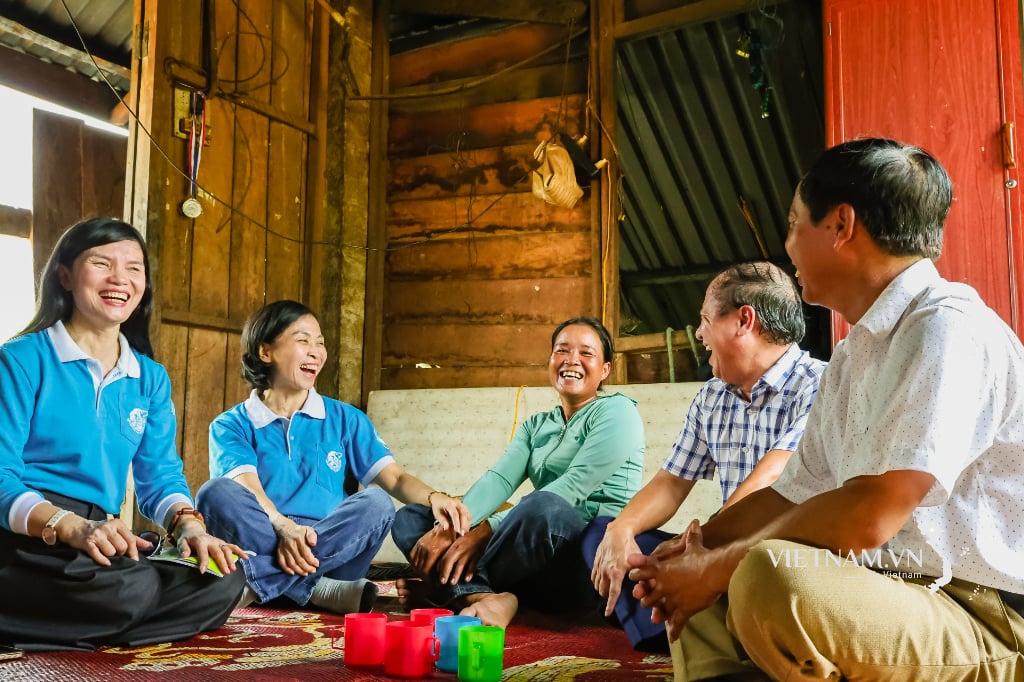



Comment (0)